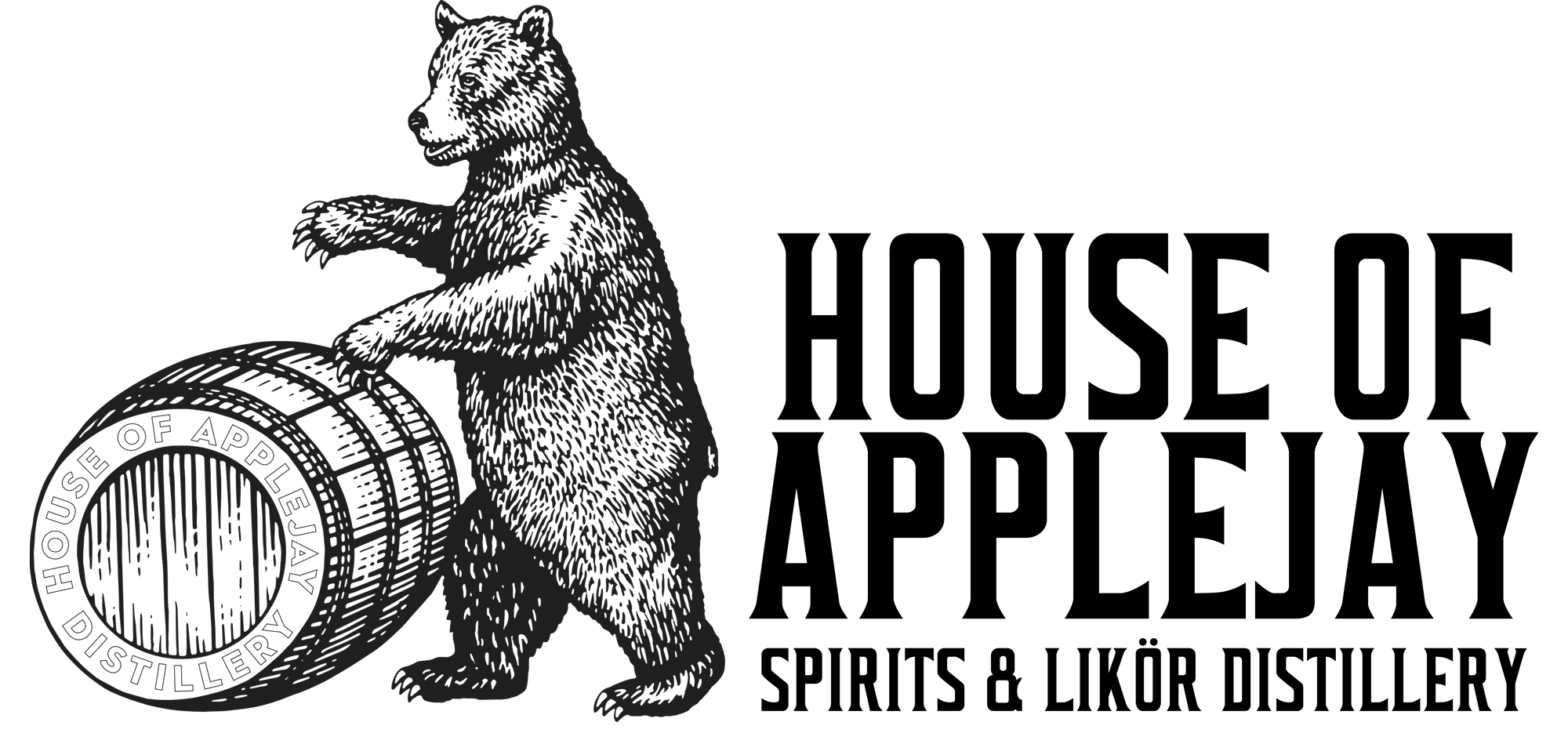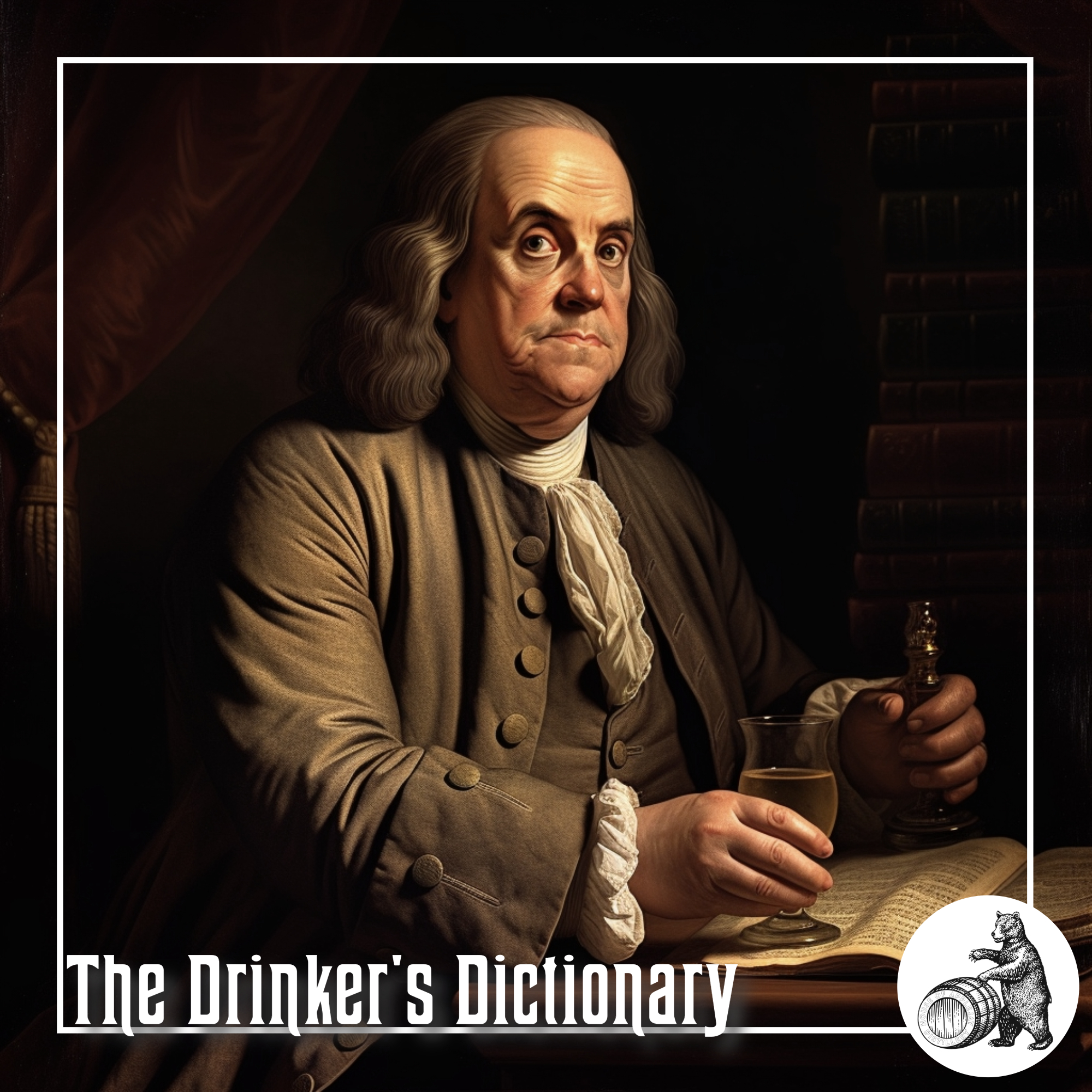The Drinker’s Dictionary
The Drinker’s Dictionary: Franklin’s Stance on Moderate Drinking
Benjamin Franklin (1706-1790) is recognized as one of the Founding Fathers of the United States, displaying versatility that spanned science, literature, diplomacy, and politics. Born in Boston, Massachusetts, he was the fifteenth of seventeen children in a working-class family. Despite only receiving two years of formal education, Franklin evolved into a self-taught intellectual, emerging as a prominent figure during the Enlightenment.
Renowned for his prolific writing, Franklin is celebrated for his wit and sagacity. His almanac, “Poor Richard’s Almanack,” served as a repository of proverbs and practical counsel, solidifying his reputation as a wise figure. His literary contributions extended to various essays, articles, and the renowned autobiography, providing valuable insights into his life and character.
Drinking Culture
In the 18th century, the accessibility and affordability of distilled spirits marked a historic shift in drinking habits. Previously dominated by beer and wine, consumption now included distilled spirits. Despite societal disapproval of the intoxicating effects of alcohol, a preference for “moderate drinking” emerged.
Taverns held cultural significance in colonial settlements, often among the first establishments. These places served as crucial gathering points for sharing news and socializing, with “drinking together” playing a pivotal role in settlers’ lives. Benjamin Franklin, a prominent figure of the time, frequented numerous taverns, even incorporating a wine-making lesson into one of his almanacs and expressing a belief that “There cannot be good living where there is no good drinking.”
The Drinker’s Dictionary
On January 6, 1737, Franklin published an article in the Pennsylvania Gazette, presenting a dictionary containing around 228 words and phrases describing drunkenness (counts varying from 220-268 words). In this work, Franklin criticized the notion that “Nothing is more like a fool than a drunken man” and emphasized the unfortunate nature of drunkenness. His “Drinker’s Dictionary” represented a published collection of 18th-century euphemisms aiming to describe drunkenness in a somewhat positive light, aligning with Franklin’s broader goal of advocating for “moderate drinking.” This dictionary stands as a fascinating marker of change in Western Drinking Culture during that era.
Benjamin Franklin’s legacy endures as a symbol of American ingenuity, wisdom, and civic responsibility. His emphasis on hard work, thrift, and education continues to influence American ideals. Beyond his numerous accomplishments, Franklin’s curiosity, humor, and commitment to public service have left an indelible mark on the nation he helped create.
The Distilling Culture
BLOG
Embark on a global journey, and you’ll find that cultures possess tales that harken back to their ancient beginnings of distillation, brewing, and winemaking.
info@houseofapplejay.com
67 Fowler St, Bldg B, East Ellijay, GA 30540

